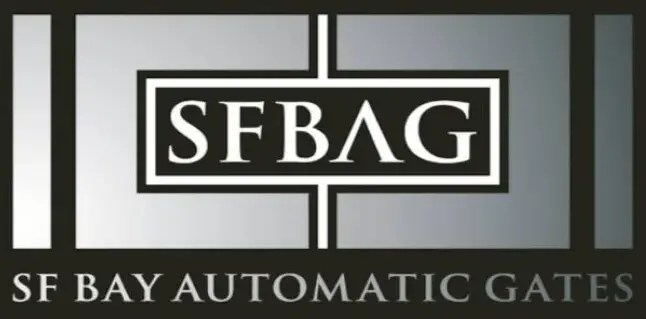Iron fences tend to be stronger but also more expensive, while aluminum fences are lighter and less costly. However, aluminum may not be as durable as iron in some cases.
When it comes to metal fencing, there are two main types of materials that you can choose from – iron and aluminum. Both of these materials have their own set of pros and cons that you should take into account before making a decision.
Iron fences are known for being incredibly strong and durable, which is why they are often used in commercial and industrial settings. However, this strength comes at a price — iron fences tend to be more expensive than their aluminum counterparts. If you’re looking for an affordable option, aluminum fencing might be a better choice. Iron fences are not only heavier, but the welding of small or big parts together provides additional security and strength.
Aluminum fences are lighter than iron fences, which makes them easier to install. They are also less expensive, which makes them a more budget-friendly option for many homeowners. However, aluminum fences may not be as durable as iron fences in some cases. If you’re looking for a fence that will stand up to heavy usage and the elements, iron might be the better choice.
There are a few key differences between iron and aluminum fencing that you should be aware of before making a decision. Iron fences are typically stronger and more durable than aluminum fences, but they also tend to be more expensive. Aluminum fences are less expensive but may not be as durable in some cases. Stainless steel is a popular choice due to its durability and high cost-effectiveness.
However, because stainless steel lacks the visual appeal of iron or other metals, it is often utilized as an accent.
When it comes to strength, durability, and weight, iron fences outpunch aluminum ones every time. And if you’re concerned about looks, a classic wrought-iron fence always appears more stately and regal than its modern aluminum counterpart. There are a few disadvantages to having an aluminum fence. One of which is the installation process being difficult and requiring professional tools and assistance. Iron fences need only be hung on posts planted in the ground, while aluminum panels must be installed first—but they are more flexible and easier to upkeep than iron. Not to mention, iron has high production costs, making it undesirable for those with slanted landscapes or small budgets when compared to aluminum fencing.
Iron fences are more suitable for projects or purposes that require security and strength, whereas aluminum fences are used more for decorative styling. Commercial applications usually use iron fencing. No matter which type of metal fencing you choose, it’s important to work with an experienced and reputable fence company to ensure that your fence is installed properly.
We have years of experience installing all types of fences, so we can help you choose the right fence for your home or business. Contact us today to get started!

